Ruth
$26.99
Introduction
1. A Dialogue Of Determination
2. Terms Of Endearment
3. A Cloaked Covenant
4. A Dialogue Of Identity
Conclusion
Additional Info
from the Introduction:
Described by Goethe as “the most charming little whole” of antiquity, Ruth has long been recognized for its literary quality. This beautifully composed narrative continues to attract readers across generations and boundaries of gender, class and ethnicity. In fact, the beauty of the book often distracts from the practical nature of the narrative. For all of its appeal, Ruth is, after all a story about family and survival. The marriage between Ruth and Boaz is a levirate marriage. The goal of this practice is to ensure the continuation and stability of the family line. Thus this “charming little whole” has as its subject preservation of life in the face of death and upholding memory to ward off the loss of identity.
This story of survival is short; it consists of four chapters with elements of loss and recovery; famine and harvest, barrenness and fruitfulness, life and death. These elements afford the book a broad appeal as it speaks to various stages and seasons of life, all the while upholding the power of faithfulness against an ever-changing backdrop. Named after one of the major characters, the book of Ruth tells the story of Naomi of Bethlehem and her family “in the days when the judges ruled.”
…So much of what happens in Ruth happens where no one can see. Ruth binds herself to Naomi in the “in between place” of Moab and Judah. No one is there to witness it. Similarly, Ruth asks Boaz for redemption in the middle of the night when we presume everyone else is asleep. These events allow for the inclusion of Ruth as Boaz’s people, first as a gleaner and then as a wife. The pattern of what happens away from our observation and then bursts forth where we can see it draws on the images of planting and harvest, conception and birth. On a theological level, it suggests that even in the famine times, God is planting seed, preparing for the next harvest, even when we cannot see it. We must assume then, that whatever we know or recognize about the work of God is only a small piece of the larger whole. We cannot know it all.
in stock within 3-5 days of online purchase
SKU (ISBN): 9781426746253
ISBN10: 1426746253
Judy Fentress-Williams
Binding: Trade Paper
Published: June 2012
Abingdon Old Testament Commentaries
Publisher: Abingdon Press
Print On Demand Product
Related products
-
Screwtape Letters
$17.99Wormwood, a demon apprentice, must secure the damnation of a young man who’s just become a Christian. He seeks the advice of an experienced devil, his uncle Screwtape. Their correspondence offers invaluable—and often humorous—insights on temptation, pride, and the ultimate victory of faith over evil forces. Paperback with French flaps and deckled page edges.
Add to cart1 in stock (additional units can be purchased)
-
Church History In Plain Language
$39.99Over 330,000 copies sold. This is the story of the church for today’s readers.
Bruce Shelley’s classic history of the church brings the story of global Christianity into the twenty-first century. Like a skilled screenwriter, Shelley begins each chapter with three elements: characters, setting, plot. Taking readers from the early centuries of the church up through the modern era he tells his readers a story of actual people, in a particular situation, taking action or being acted upon, provides a window into the circumstances and historical context, and from there develops the story of a major period or theme of Christian history. Covering recent events, this book also:
*Details the rapid growth of evangelical and Pentecostal Christianity in the southern hemisphere*Addresses the decline in traditional mainline denominations
*Examines the influence of technology on the spread of the gospel
*Discusses how Christianity intersects with other religions in countries all over the world
For this fifth edition, Marshall Shelley brought together a team of historians, historical theologians, and editors to revise and update this father’s classic text. The new edition adds important stories of the development of Christianity in Asia, India, and Africa, both in the early church as well as in the twentieth and twenty-first centuries. It also highlights the stories of women and non-Europeans who significantly influenced the development of Christianity but whose contributions are often overlooked in previous overviews of church history.
This concise book provides an easy-to-read guide to church history with intellectual substance. The new edition of Church History in Plain Language promises to set a new standard for readable church history.
Add to cartin stock within 3-5 days of online purchase
-
Resilient Study Guide Plus Streaming Video (Student/Study Guide)
$21.99The human soul has a built-in yearning for joy and beauty and all good things. But that craving for life has taken a real beating in recent years. Between false promises of ease and comfort on one side and the sheer trauma of global disease and disasters on the other, people today are facing a shortage of peace, happiness and strength.
In the Resilient video Bible study, bestselling author John Eldredge provides skills and tools to help participants strengthen their hearts and souls–and reveals a path toward genuine recovery and resilience provided by Jesus himself. Drawing on wisdom from scripture and Christian tradition, and illustrated throughout with powerful true stories of grit and survival, Resilient will help participants:
*Recover from the trauma of recent world events and tap into the supernatural graces that God promises
*Learn to be patient with themselves–genuine recovery from spiritual and emotional trauma takes time and intentionality
*Create a plan–because resilience and victory aren’t going to come with a swipe on a home screen
*Discover deep wells of freedom and strength through Christ, who lives within us
Thriving requires a resilient soul. This study will help participants find the resilience they need when the world has gone mad–and discover in Jesus himself the strength that prevails.
This study guide includes:
*Individual access to streaming video sessions
*A guide to best practices for leading a group
*Video notes and a comprehensive structure for group discussion time
*Personal study for deeper reflection between sessionsDesigned for use with Resilient Video Study, (sold separately).
Add to cartin stock within 3-5 days of online purchase
-
Contagious Faith : Discover Your Natural Style For Sharing Jesus With Other
$18.99As a follower of Christ you know–at least deep down–that you were created for more than just loving your family, building your career, or attending weekly church services. We were made to share God’s love with others in ways that can impact their lives and redirect their eternities.
But few of us are naturally comfortable doing this. We wrestle with internal fears, a lack of preparation, and the sense that reaching out to others might force us to act like someone we’re not. We want to encourage people spiritually, but we don’t want to get weird or overbearing in the process. We need to be equipped to talk to people about Jesus in ways that fit our God-given personalities, and we would benefit greatly from an infusion of fresh inspiration and practical ideas.
In Contagious Faith, bestselling author and teacher Mark Mittelberg introduces you to the five Contagious Faith Styles–Friendship-Building, Selfless-Serving, Story-Sharing, Reason-Giving, and Truth-Telling–and helps you discover which of these approaches (or combination of them) will enable you to naturally share your faith in Jesus with the people around you. He also explains in a down-to-earth fashion several key skills that will help you communicate your faith in infectious ways, illustrating his message with real-life accounts of ordinary believers who applied these principles for extraordinary impact.
Mark Mittelberg was the primary author of the celebrated Becoming a Contagious Christian course, through which he helped nearly two million people around the world learn to communicate their faith. Now, with clear teaching, compelling stories, and inspiring motivation, his new Contagious Faith book will help you share the good news of Jesus effectively–even in our increasingly resistant culture.
Add to cartin stock within 3-5 days of online purchase


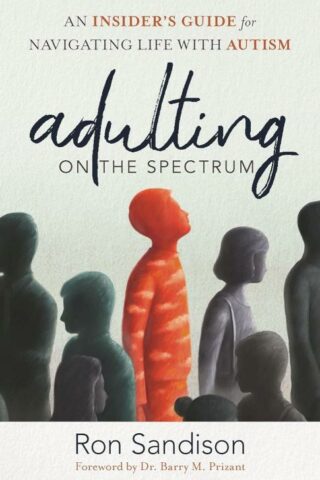
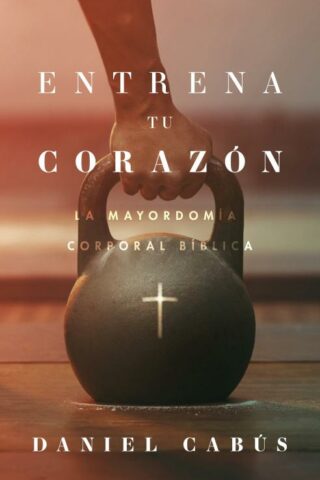
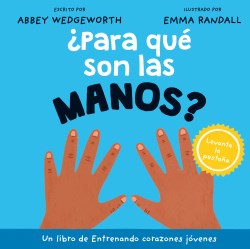
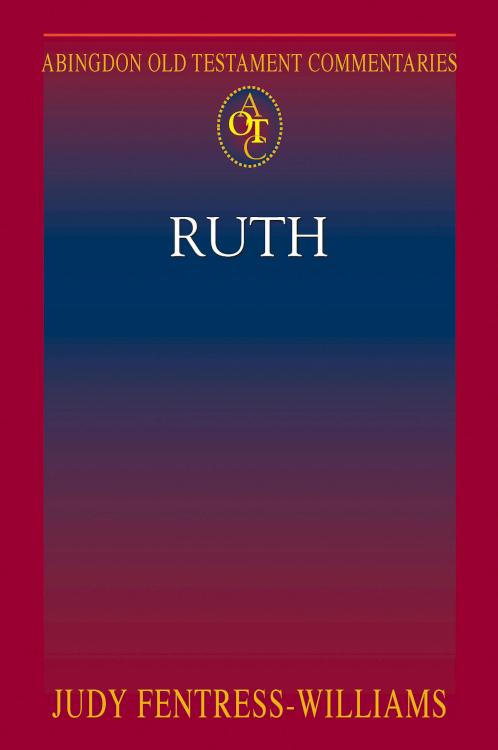

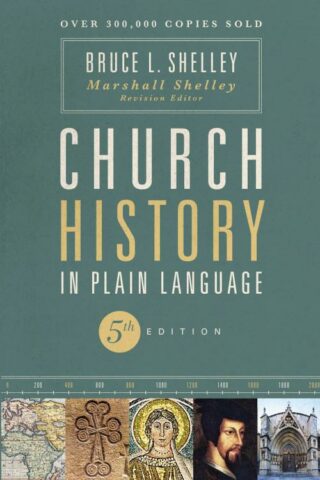
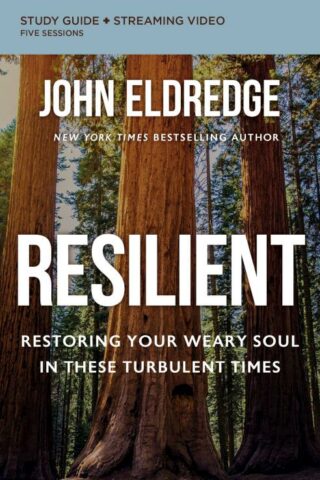
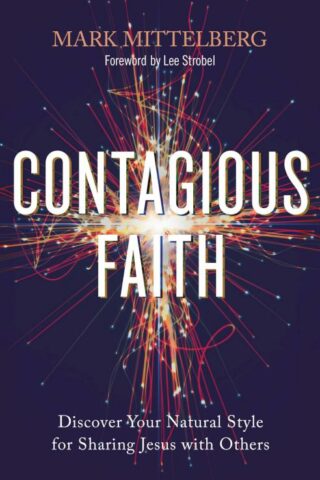
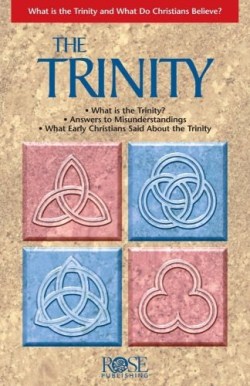



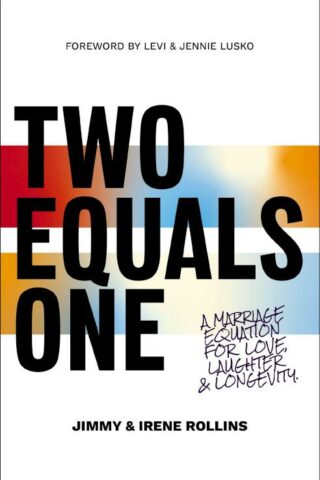
Reviews
There are no reviews yet.